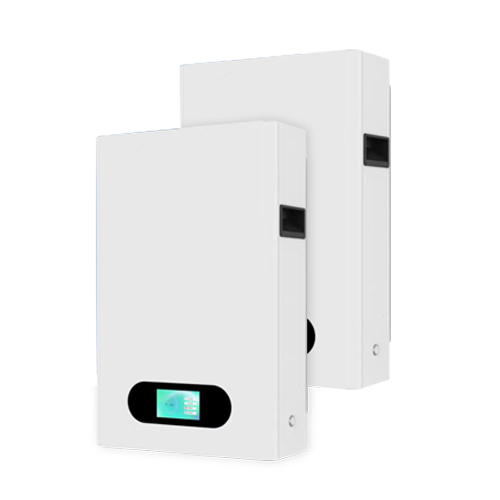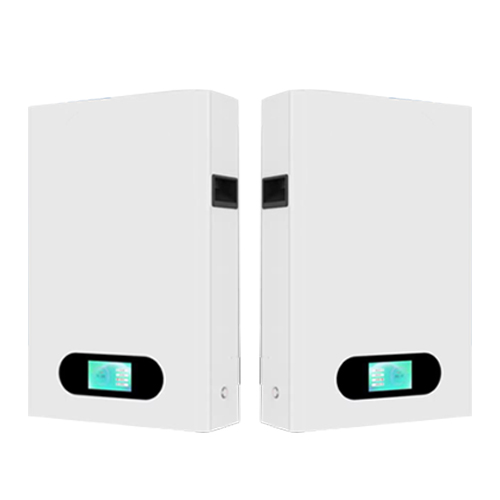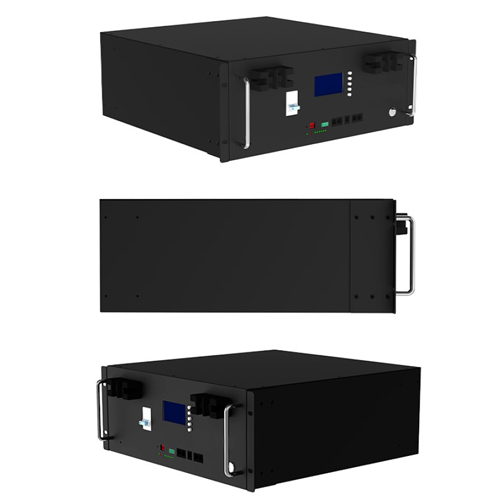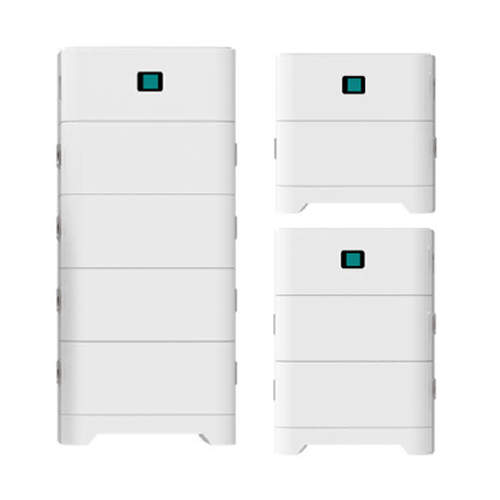NOTICIAS
¡Bienvenido a mi blog!
Antes de profundizar en el contenido, me encantaría que me acompañaras en mis redes sociales, donde comparto más información, interactúo con la comunidad y publico actualizaciones. Puedes conectar conmigo de la siguiente manera:
Facebook:https://www.facebook.com/profile.php?id=61576738655239
Ahora, comencemos nuestro viaje juntos. Espero que el contenido aquí les resulte interesante, interesante y valioso.
Tabla de contenido
Introducción

In an era where sustainable energy solutions are gaining traction, the outdoor solar battery has emerged as a reliable and eco-friendly power backup option. These innovative devices harness the sun’s abundant energy to store power, offering a green alternative to traditional fossil fuel-based generators. Whether you’re an outdoor enthusiast, a homeowner seeking emergency power, or someone looking to reduce their carbon footprint, an outdoor solar battery provides a versatile solution. This blog explores the ins and outs of outdoor solar batteries, their benefits, features, and how they can transform your energy needs.
Why Choose an Outdoor Solar Battery for Power Backup?
The appeal of an outdoor solar battery lies in its ability to provide clean, renewable energy for a variety of applications. Unlike gas-powered generators, which emit harmful pollutants and require constant refueling, solar batteries operate silently and use sunlight—a free and abundant resource. This makes them ideal for outdoor activities like camping, RV trips, or off-grid living, as well as for home backup during power outages. Their portability and ease of use further enhance their value, ensuring you have power wherever and whenever you need it.
Environmental Benefits of Outdoor Solar Batteries
One of the standout advantages of an outdoor solar battery is its positive impact on the environment. By relying on solar energy, these batteries reduce dependence on fossil fuels, lowering greenhouse gas emissions. They produce zero noise pollution, making them perfect for serene outdoor settings or residential areas. Additionally, solar batteries require minimal maintenance compared to traditional generators, further reducing their environmental footprint.
Cost-Effectiveness Over Time
While the initial investment in an outdoor solar battery may seem higher than conventional alternatives, the long-term savings are significant. Solar batteries eliminate fuel costs and have lower maintenance expenses. Over time, the energy savings from harnessing free sunlight can offset the upfront cost, making them a financially smart choice for power backup.
How Does an Outdoor Solar Battery Work?

An outdoor solar battery system typically consists of solar panels, a battery storage unit, and an inverter. The solar panels capture sunlight and convert it into electricity, which is stored in the battery. The inverter then converts the stored DC power into AC power, suitable for running household appliances or outdoor equipment. This seamless process ensures a steady power supply, even when the sun isn’t shining, making outdoor solar batteries a reliable backup solution.
Key Components of an Outdoor Solar Battery System
Understanding the components of an outdoor solar battery system is crucial for maximizing its efficiency. The solar panels are the primary energy collectors, while the battery stores energy for later use. Charge controllers regulate the flow of electricity to prevent overcharging, and inverters ensure compatibility with various devices. Some systems also include smart technology for monitoring energy usage, enhancing user control.
Applications of Outdoor Solar Batteries
Outdoor solar batteries are incredibly versatile, catering to a wide range of needs. They are perfect for outdoor adventures, such as camping, hiking, or boating, where access to traditional power sources is limited. Homeowners can use them as emergency backup systems during blackouts or to power garden tools and outdoor lighting. Businesses, too, can benefit from solar batteries for remote operations or as part of a sustainable energy strategy.
Outdoor Activities and Adventures
For outdoor enthusiasts, an outdoor solar battery is a game-changer. It can power camping gear, charge smartphones, or run portable fridges, ensuring comfort and connectivity in remote locations. Its lightweight and portable design makes it easy to carry, while its durability ensures it can withstand harsh outdoor conditions.
Home and Emergency Use
In residential settings, an outdoor solar battery serves as a dependable backup during power outages caused by storms or grid failures. It can keep essential appliances like refrigerators, lights, and medical devices running, providing peace of mind. Additionally, it can power outdoor home systems, such as security cameras or sprinkler systems, enhancing home efficiency.
Comparing Outdoor Solar Battery Features
To help you understand the key features to consider when choosing an outdoor solar battery, the following table outlines important specifications and their benefits:
| Característica | Descripción | Beneficio |
|---|---|---|
| Battery Capacity | Measured in watt-hours (Wh), indicates how much energy the battery can store | Higher capacity supports more devices for longer periods |
| Portability | Weight and design for easy transport | Ideal for outdoor activities and easy setup |
| Charging Options | Ability to charge via solar panels, AC outlets, or car chargers | Flexibility for charging in various environments |
| Output Ports | Types and number of ports (USB, AC, DC) for device compatibility | Supports multiple devices simultaneously |
| Durabilidad | Resistance to weather, dust, and impact | Reliable performance in rugged outdoor conditions |
| Smart Technology | Features like app-based monitoring or energy management | Optimizes energy use and provides real-time performance data |
This table serves as a guide to evaluate outdoor solar battery systems based on your specific needs, whether for home use or outdoor adventures.
Installation and Setup of an Outdoor Solar Battery

Setting up an outdoor solar battery is straightforward, but proper installation is key to ensuring optimal performance. Most systems come with user-friendly instructions, requiring you to connect solar panels to the battery and position them in a sunny location. For home use, you may need to integrate the system with your electrical setup, which could require professional assistance to ensure safety and compliance with local regulations.
Tips for Optimal Solar Panel Placement
To maximize energy capture, place solar panels in an area with direct sunlight, free from shadows or obstructions. Angle the panels toward the sun, adjusting for seasonal changes in the sun’s path. Regular cleaning of the panels ensures they operate at peak efficiency, as dust or debris can reduce energy output.
Maintenance and Longevity of Outdoor Solar Batteries
Outdoor solar batteries are designed for durability, but proper maintenance can extend their lifespan. Regularly check connections and clean solar panels to ensure optimal performance. Store the battery in a cool, dry place when not in use, and avoid extreme temperatures to prevent damage. Most high-quality outdoor solar batteries can last 5–10 years with proper care, making them a long-term investment.
Common Maintenance Practices
Simple maintenance tasks include inspecting cables for wear, ensuring the battery is not over-discharged, and keeping the system free from moisture. Some models offer replaceable battery cells, allowing you to extend the system’s life without purchasing a new unit.
Safety Considerations for Outdoor Solar Batteries
Safety is paramount when using an outdoor solar battery. Ensure the system is certified for safety standards, such as UL or CE ratings. Avoid exposing the battery to water unless it’s rated as waterproof, and follow manufacturer guidelines for charging and discharging. For home installations, consult a professional to prevent electrical hazards.
Avoiding Common Safety Mistakes
Common mistakes include overloading the battery with too many devices, using incompatible chargers, or neglecting ventilation during operation. Always read the user manual and follow recommended safety practices to protect both the equipment and yourself.
Choosing the Right Outdoor Solar Battery for Your Needs

Selecting the right outdoor solar battery depends on your specific requirements. Consider factors like battery capacity, portability, and the types of devices you need to power. For outdoor use, prioritize lightweight models with high durability. For home backup, focus on higher-capacity systems with multiple output options. Researching reputable brands and reading customer reviews can help you make an informed decision.
Conclusión
The outdoor solar battery is a smart, sustainable, and versatile solution for anyone seeking reliable power backup. From powering your camping adventures to ensuring your home stays functional during outages, these systems offer unmatched convenience and environmental benefits. By investing in an outdoor solar battery, you’re not only securing your energy needs but also contributing to a greener future. Ready to make the switch to solar power? Contáctanos today to explore the best outdoor solar battery options for your needs!
Preguntas frecuentes
What is an outdoor solar battery, and how does it differ from a regular battery?
An outdoor solar battery is a portable energy storage system that uses solar panels to charge and store electricity for outdoor or emergency use. Unlike regular batteries, it relies on renewable solar energy, making it eco-friendly and cost-effective over time.
Can an outdoor solar battery power large appliances?
Yes, depending on the battery’s capacity and output. High-capacity models can power appliances like refrigerators or microwaves, but always check the wattage requirements of your devices against the battery’s specifications.
Are outdoor solar batteries weather-resistant?
Most outdoor solar batteries are designed with weather-resistant features, such as IP65 ratings for dust and water resistance. However, always verify the product’s specifications and avoid exposing non-waterproof models to heavy rain.

